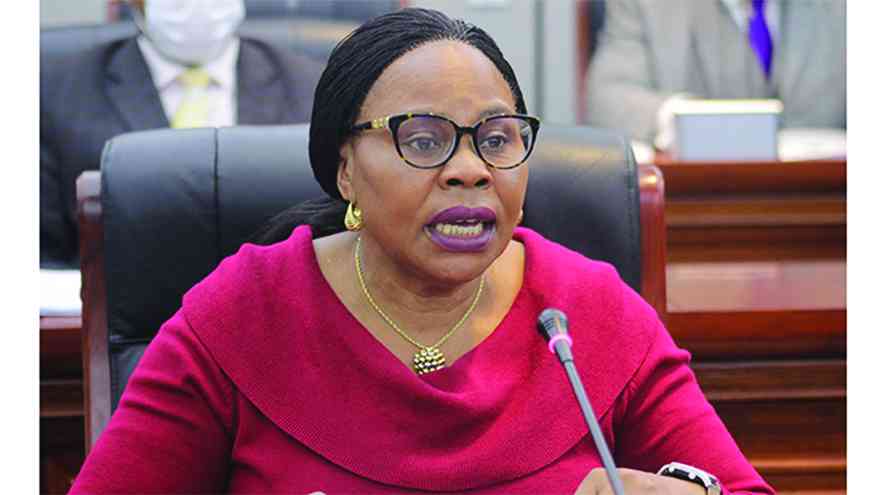
WOMEN Affairs minister Monica Mutsvangwa says gender-based violence (GBV) remains one of the biggest barriers to achieving gender equality in the country.
Speaking during the International Women’s Day celebrations at Chitora business centre in Shurugwi on Friday, Mutsvangwa said achieving gender equality remained a challenge due to a plethora of reasons, including GBV.
“GBV remains one of the barriers to achieve gender equality. Time is running out ladies and gentlemen, for us to achieve gender equality which remains the greatest human rights challenge. The World Economic Forum estimates that it will take 135 years to achieve gender equality,” Mutsvangwa said.
“Investing in women is a fundamental human right which is the cornerstone for building inclusive societies,” she said.
According to the United Nations Population Fund (UNFPA), one in three women aged 15 to 49 has experienced physical violence and about one in four women has experienced sexual violence since the age of 15.
The International Women’s Day is commemorated on March 8 annually in honour of women whose contributions and efforts usually go unnoticed.
Mutsvangwa applauded partners for investing against GBV.
“Let me commend the EU and its member States for their support towards the fight in ending GBV through the Spotlight Initiative which enabled the government to develop a number of policies and strategies to end violence against women and girls such as, sexual harassment in the workplace, the Women in Leadership and Decision-Making Strategy and most importantly the High-Level Political Compact on ending GBV,” she said.
- Making every day that of activism against GBV
- 16 days not enough, says Ruvheneko
- Churches best positioned to deal with GBV
- The style interview: Tozeza Baba addresses gender-based violence
Keep Reading
Mutsvangwa said her ministry co-ordinated the implementation of the National Gender Policy and mainstreaming of gender into all sectors to eliminate negative practices that impeded equality and equity between men and women.
“Notably, we have gone great miles in adopting inclusive cross-cutting issues in the revamped National Gender Policy to address emerging and existing issues affecting women and girls inclusive of climate change, digital technology, disaster risk management, among other key topical issues.
“We are in the process of reviewing the Broad-Based Women Economic Empowerment Framework, which seeks to guide the empowerment of women economically by addressing the structural barriers that prevent women from fully participating in development processes,” she said.
Meanwhile, in a statement to mark International Women’s Day, anti-GBV organisation Musasa lamented that the day comes amid a worrying increase in the number of child pregnancies recorded in the country.
Musasa director Vimbainashe Mutendereki said investing in women meant dismantling the structures that perpetuated violence and amplifying voices.
“The increase in the number of child pregnancies being recorded in the country is worrying,” Mutendereki said.
“In 2023 alone, Musasa received 5 999 cases of rape and 479 cases of child pregnancies. These deeply disturbing trends underscore the urgent need for collective action. While the reported cases are troubling, we recognise that many incidents go unreported, shrouded in silence and fear.”
Incoming Musasa board chairperson Beatrice Tonhodzayi said qualitative data analysis indicates that rape and sexual violence cases were happening at an alarming rate at household level with over 80% of perpetrators being close family members which was making case management complicated and evidence gathering complex.
“Our girl children are not safe anymore. For us to be waking up to reports of child pregnancies the way we are, currently speaks of a dearth in our society. What happened to children being protected; being safeguarded when some among us including family members do not see any wrong in raping little girls who need mothering and turning them into mothers at a time, they should be enjoying their childhood and getting education?” Tonhodzayi said.
According to a report by UNFPA, the National Assessment on Adolescent Pregnancies in Zimbabwe, an estimated 1,7 million women from the age of 10 upwards made ante-natal bookings and out of estimated 51 000 pregnant women who tested positive for HIV, 15,1% were adolescents aged between 10 to 19.










